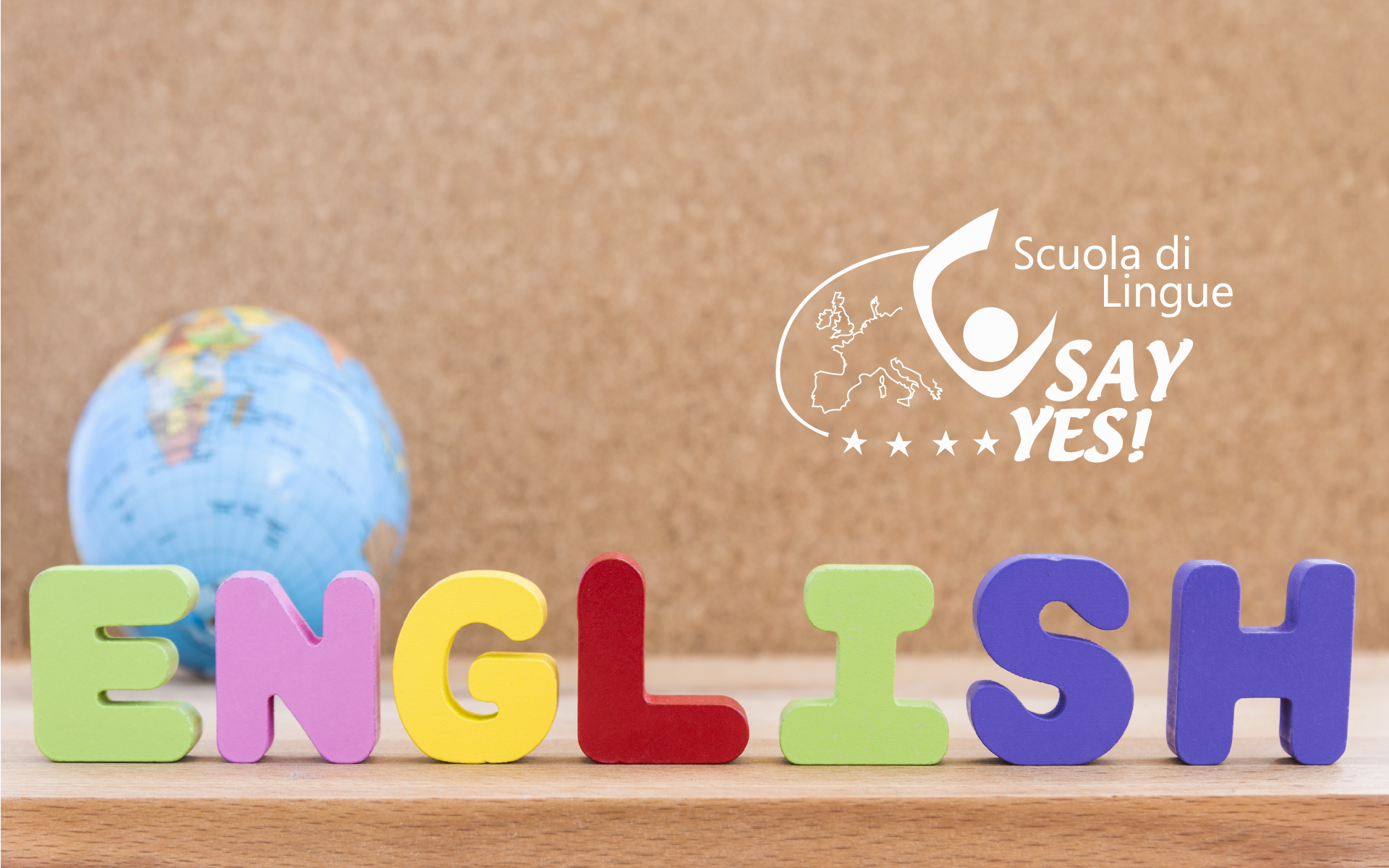
CHILDREN CAN…AND THE ADULTS?
According to science there is an age at which we all reach our peak for being best at doing something, and you can’t argue with science obviously. Even if, data is based on averages and there is always the exception to everything, but overall what has been concluded is that we all reach our peak for learning languages around the age of seven. It has been proven that a child can learn between three to four languages simultaneously and without confusion as early as kinder-garden age, meaning around 5 years old, if the approach used is the natural, spontaneous approach used when a parent “teaches” his child to speak his own native language.
Having said that, does this mean that an adult will not be able to learn another language without having to struggle from day one with all the * ins and outs of a language that is foreign to him? Of course not, what needs to be taken into consideration is the fact that for a child it is easier for a number of reasons.
According to oncology nurse, Suzanne Robin in her article “Why Is It Easier for a Child to Learn a New Language Than An Adult” she gives several reasons as to why children learn languages so easily. One being that for a child, learning language is part of their brain chemistry, they were created to absorb information from birth. Adults, on the other hand, have to put conscious effort into learning because it has stopped being natural for them to simply absorb information.
Another important reason is that a small child has no social perception of himself and doesn’t much care about fitting into the social stereotype that all adults have of one another, in the sense that, if someone is a well-established lawyer and works in an important law firm he needs to maintain the image of a person in charge of the situation, able to deal with all issues and totally in control of himself. That lawyer cannot open his mouth and say nonsense, when he speaks he must be able to communicate clearly and efficiently. That lawyer will be careful about speaking if he is not certain that the language he is using is perfect. The obvious problem here is that when learning to do something, anything, at first, we all make mistakes.
So this is where the passionate, motivated, inspired ESL teacher comes in. How? By, first of all trying to create an environment that puts the student at ease with others, where correction is fundamental but natural and never critical, where learning information is easy because it becomes absorbing information and where mistakes are encouraged because it is through mistakes that corrections are implemented and, therefore, where information is embedded cognitively.
There are no * bullet proof methods in my opinion, so this is where the sensitivity and experience of the teacher who changes her approach to suit the needs of each single student comes in. This sensitivity is not a skill you learn from books or training courses, a teacher with a briefcase full of ESL certifications and ESL diplomas is not necessarily equipped with this important quality which as far as I’m concerned makes the difference.
Conclusion, everyone can learn, including teachers. It is simply a matter of motivation, passion and consistency.
Never give up! There is always room for improvement!
Many thanks to Rita for her contributions to our school of English Say Yes!
*ins and outs: characteristic peculiarities or technicalities
* bullet proof: so well thought out as to be resistant to criticism or certain to succeed
